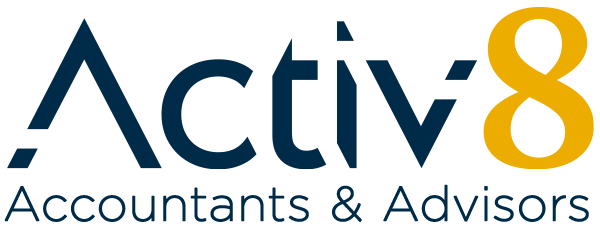From 1st July 2023, there are a number of key changes to come into effect which will impact your business and employees.
SUPER GUARANTEE RATE RISE
Don’t forget that the super guarantee rate increases to 11% from 1 July 2023.
This means you need to calculate super contributions at 11% for your eligible workers for payments of salary and wages you make from this date.
Your super contributions for the current quarter (ending 30 June, due by 28 July 2023) are still calculated at the 10.5% rate for payments of salary and wages made prior to 1 July.
WAGES GO UP
Wage increases kick in on 1 July, following a ruling from the Fair Work Commission.
For employees who aren’t covered by an award, the minimum wage will go up from 1 July to $882.80 per week, or $23.23 per hour, and will apply from the first full pay period starting on or after 1 July 2023.
For employees covered by an award, minimum award wages will increase by 5.75%, also applying to the first full pay period starting on or after 1 July 2023.
PAID PARENTAL LEAVE CHANGES
From 1 July, amendments to the Paid Parental Leave Scheme will come into effect.
Notably, the Dad and Partner Pay (DAPP) scheme, which currently provides up to two weeks of paid leave, will now be combined with the 18-week paid parental leave scheme. This means eligible parent couples or single parents can share their 20 weeks of leave – aimed at greater gender equity in parental caring responsibilities.
There are other changes, too, such as the whole 20 weeks of leave of instalments can be received flexibly in multiple blocks within 24 months of the child’s birth or adoption date, removing the previous requirement of 12 weeks in one continuous period.
Also, note that employees now have greater rights to request an additional 12 months of leave (24 in total) – and employers need to show reasonable business grounds on which to refuse.
DOMESTIC VIOLENCE LEAVE INTRODUCED
This entitlement has been in place since 1 February 2023 for employers with 15 or more employees. For smaller employers who employ less than 15 employees, this entitlement will operate from 1 August 2023.
Employees will be entitled to 10 days of paid family and domestic violence leave (FDVL) per year.
Paid family and domestic violence leave is quite a sensitive topic, and there need to be procedures in place – for everything from how the HR or manager handles requests to the privacy issues around how it gets recorded on a pay slip.
PENSION AGE AND ELIGIBILITY INCREASES
For those businesses employing older Australians, it’s worth noting that from 1 July, the pension age will be raised to 67 for those born on or after 1 January 1957.
Not only that but asset and income eligibility tests will also be revamped, which means singles can earn $204 a fortnight and couples $360 a fortnight, before losing their full pension.
ENERGY BILL RELIEF ON ITS WAY
With soaring power bills contributing significantly to business operating costs, $650 in bill relief is on its way from July for small businesses.
To be eligible, your business must be on a separately metered business tariff with your electricity retailer and your annual consumption must be less than 100MWh. If you run a business from home, you probably won’t qualify.
You don’t need to do anything. If you are eligible, you will receive bill relief on your electricity bills from 1 July 2023.
Note these are Queensland numbers. There are different thresholds and bill relief for each state.
If you require further information on any of these measures, please do not hesitate to contact our office on (07) 3367 3366.


